SUMMARY
This is AI generated summarization, which may have errors. For context, always refer to the full article.
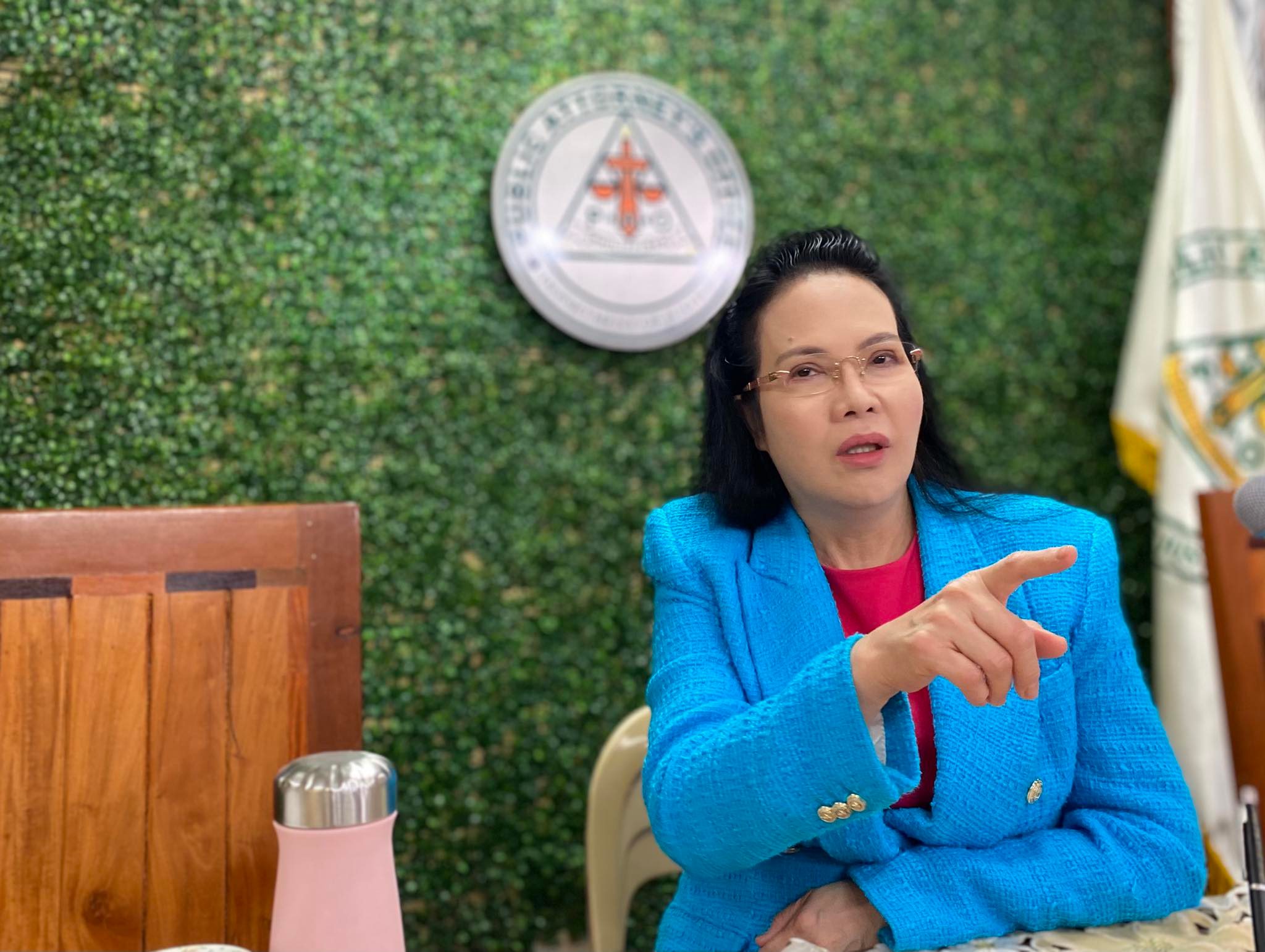
MANILA, Philippines – For the second time, the Supreme Court (SC) ordered Public Attorney’s Office (PAO) chief Persida Acosta to explain her latest actions on the Code of Professional Responsibility and Accountability (CPRA), the new code of conduct for lawyers.
The SC en banc, in a unanimous vote on July 25, directed Acosta to show cause “why she should not be administratively dealt with for issuing PAO Office Order No. 096, Series of 2023 (Office Order), in response to the Resolution, dated July 11, 2023, of the Court, directing the PAO to strictly comply” with canon III, section 22 of the new CPRA.
Acosta also directed PAO lawyers to reconcile the CPRA provision with article 209 of the Revised Penal Code – which penalizes betrayal of trust and revelation of lawyers’ secrets – to avoid criminal responsibility or imprisonment. The High Court called the order “an insinuation that compliance with the CPRA will amount to the commission of such offenses.”
“The Court deemed the foregoing instructions in Atty. Acosta’s Office Order as belligerent and disrespectful as she effectively accused the Court of directly exposing the Public Attorneys not only to criminal and administrative liability, but also physical danger,” the SC said.
Just last July 12, the SC ordered Acosta to explain why she should not be cited for indirect contempt over her “unabated public tirades” against canon III, section 22 of the new CPRA, “through social and mainstream media, branding the adoption of the CPRA as unconstitutional, and an undue interference and intrusion by the Supreme Court into PAO’s operations.”
The SC also denied the request of Acosta and her office to delete the provision they challenged before the SC. Only a few days after the new CPRA was launched, the PAO sent a letter to Chief Justice Alexander Gesmundo and said the new provision allows two PAO lawyers to represent opposing parties in court cases, among others.
Shortly after the SC’s first order, Acosta issued an apology to the High Court. She explained that they raised their arguments against the new code before the SC because of their desire to serve their clients, and because they got worried about implications of the code on their lawyers.
Acosta also released Office Order No. 96, dated July 13, and formally asked PAO lawyers to comply with the CPRA provision they initially questioned.The PAO order also said that public attorneys must reconcile the CPRA provision with the provisions of article 209 of the Revised Penal Code, as amended by Section 36 of Republic Act No. 10951.
RA 10951 discusses betrayal of trust by an attorney or a solicitor. This means Acosta wants PAO lawyers to adhere to the new CPRA, while minding the law punishing betrayal of trust by a lawyer.
PAO also advised its lawyers for their own safety “to adopt precautionary measures” in handling cases that involve conflict of interest. – Rappler.com
Add a comment
How does this make you feel?

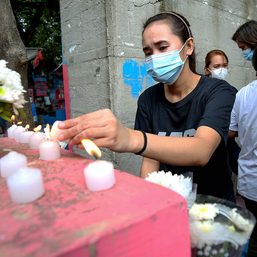
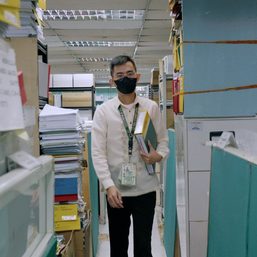
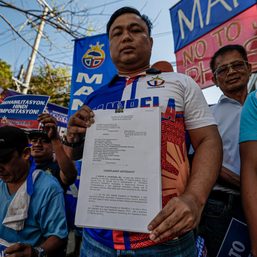


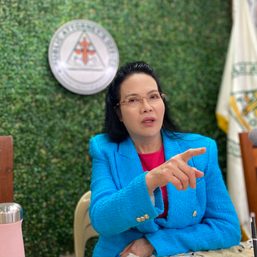

There are no comments yet. Add your comment to start the conversation.